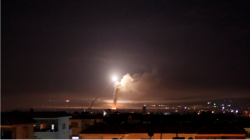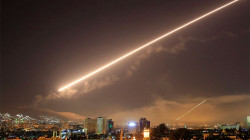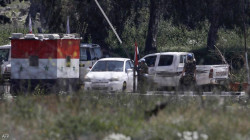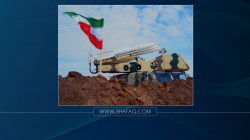A month without any Israeli airstrikes on Syria. What's going on? – analysis
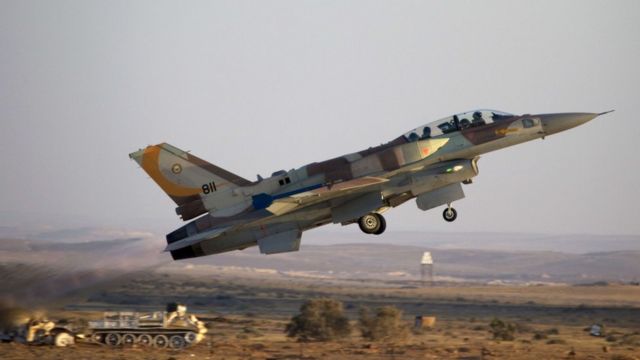
Shafaq News/ Israeli Air Force jets that have been active in Syrian skies for nearly a decade have been mysteriously absent for over a month.
Israel has been accused of carrying out hundreds of strikes targeting Iranian military infrastructure in Syria, dozens of them in the past year alone.
In an attempt to thwart Tehran’s aspirations of regional hegemony and to thwart the smuggling of advanced weaponry to Hezbollah in Lebanon from Iran, Israel has been carrying out its war-between-wars campaign (known as MABAM in Hebrew) for close to a decade
Iran has been one of the Syrian regime’s main allies in the war that has ravaged Syria since 2011, sending thousands of militia fighters and equipment to the war-torn country.
The IAF has reportedly struck targets across Syria, and according to Syrian media, most recently Syrian airports, including Aleppo International Airport and Damascus International Airports.
According to foreign media reports, in September both airports were repeatedly struck in under two weeks — Reportedly striking Iranian planes believed to be carrying cargo destined for the Lebanese terror group.
Since a strike on September 17th that targeted Damascus International Airport that killed five Syrian soldiers, there have been no reports of Israeli strikes.
Tensions outside the Middle East
The lack of airstrikes in Syria comes as tensions continue to rise between Israel and Russia, which remains in the war-torn country.
The IDF has said from the beginning of the war in Ukraine that it studying both players, in order to learn lessons that could pertain to its own operations and manpower. And though Russia has had major success in Syria where it was able to keep Bashar al-Assad in power by heavy bombing raids on civilians, Moscow has yet to see any true success in its war in Ukraine.
Russia is being battered in Ukraine which is being supported by Western nations both in terms of funds and weaponry. Due to that, Moscow has turned to Iran to supply them with drones such as the Shahed-131 and Shahed 136 as well as possibly ballistic missiles.
Following the use of drones by Russia to target civilian infrastructure, Israel has been pressured by Ukraine to provide them with weapons systems or air defense systems. Jerusalem nonetheless continues to refuse to supply Kyiv with those systems out of concern that it might affect the deconfliction mechanism with Moscow.
The two militaries have a deconfliction mechanism in order to prevent unnecessary friction during IAF operations and while intelligence officers recently told The Jerusalem Post that the deconfliction mechanism between the two countries continues to work, is it possible that Israel has noticed a change in the way Russia has deployed its forces and air defenses in Syria?
In late August, Russia quietly moved one of its S-300 missile defense batteries from Maysaf-an area hit repeatedly by the IAF- to a Russian port near Crimea, likely to help in its ongoing war in Ukraine.
While the Israeli military rarely comments on the strikes of the MABAM, security officials have stressed that it would continue as long as necessary.
In late September, days after the airstrikes on the airports, a massive blast hit two ammunition and arms depots belonging to Iranian militias in a village in the eastern Syrian province of Homs. There were no casualties in the explosion, and the reason behind it remains unclear.
Iran has used various different ways to bring its platforms into Syria-by land, air, and sea. Israel, in turn, has also used various different means to destroy those platforms.
While airstrikes have a loud footprint, Israel also carries out various other types of MABAM operations, depending on what was decided to be the most effective way to destroy a target.
It could very well be that Israel has continued its grey-zone war against Iran and Hezbollah in Syria, but well below the radar. Until the right target comes along, of course.
Source: THE JERUSALEM POST
